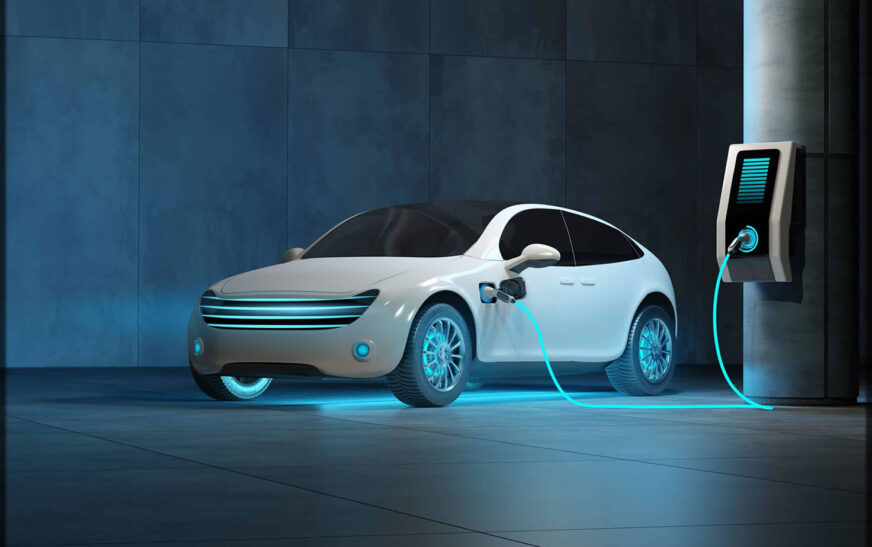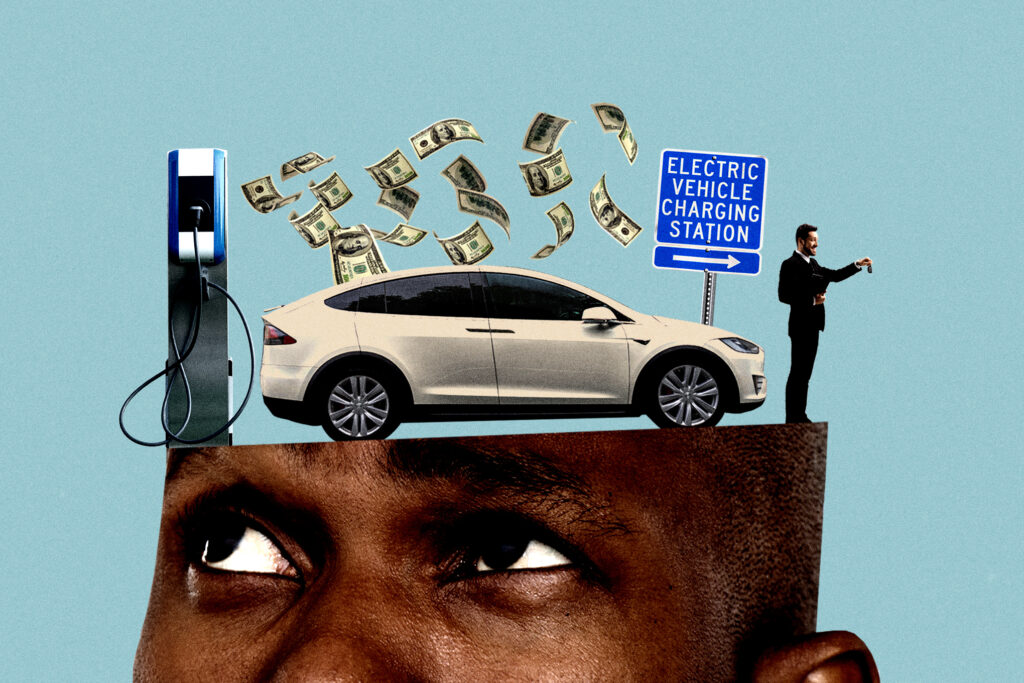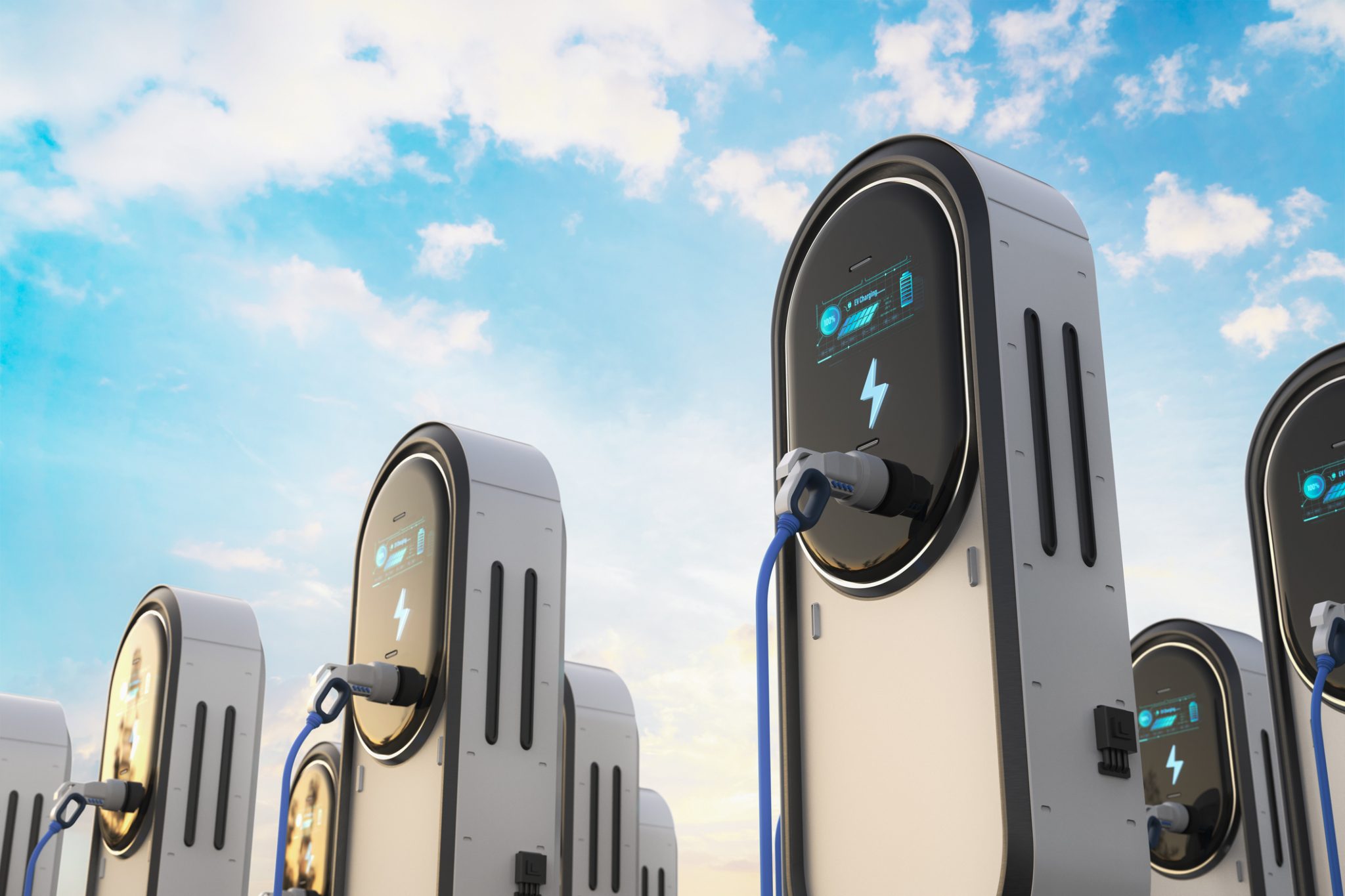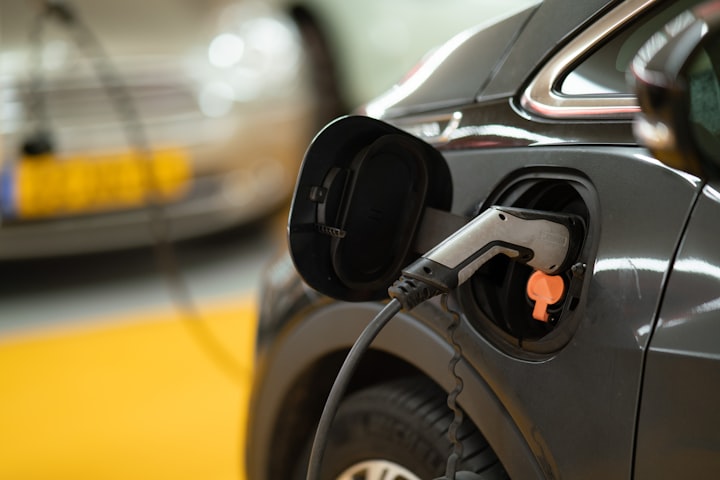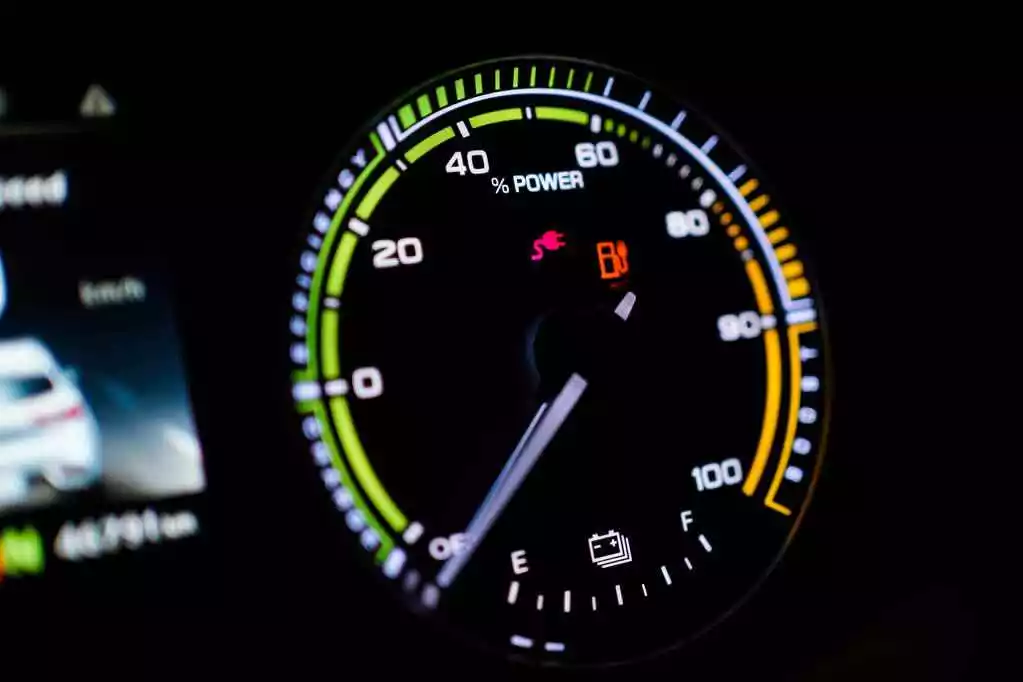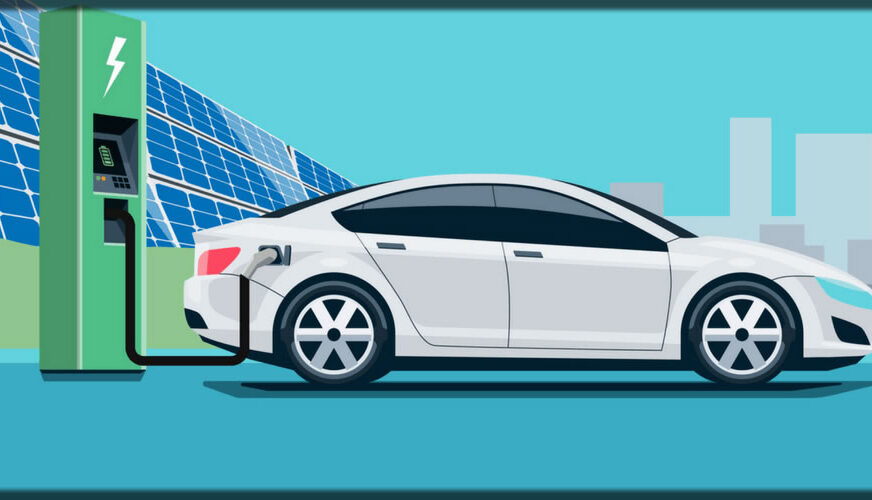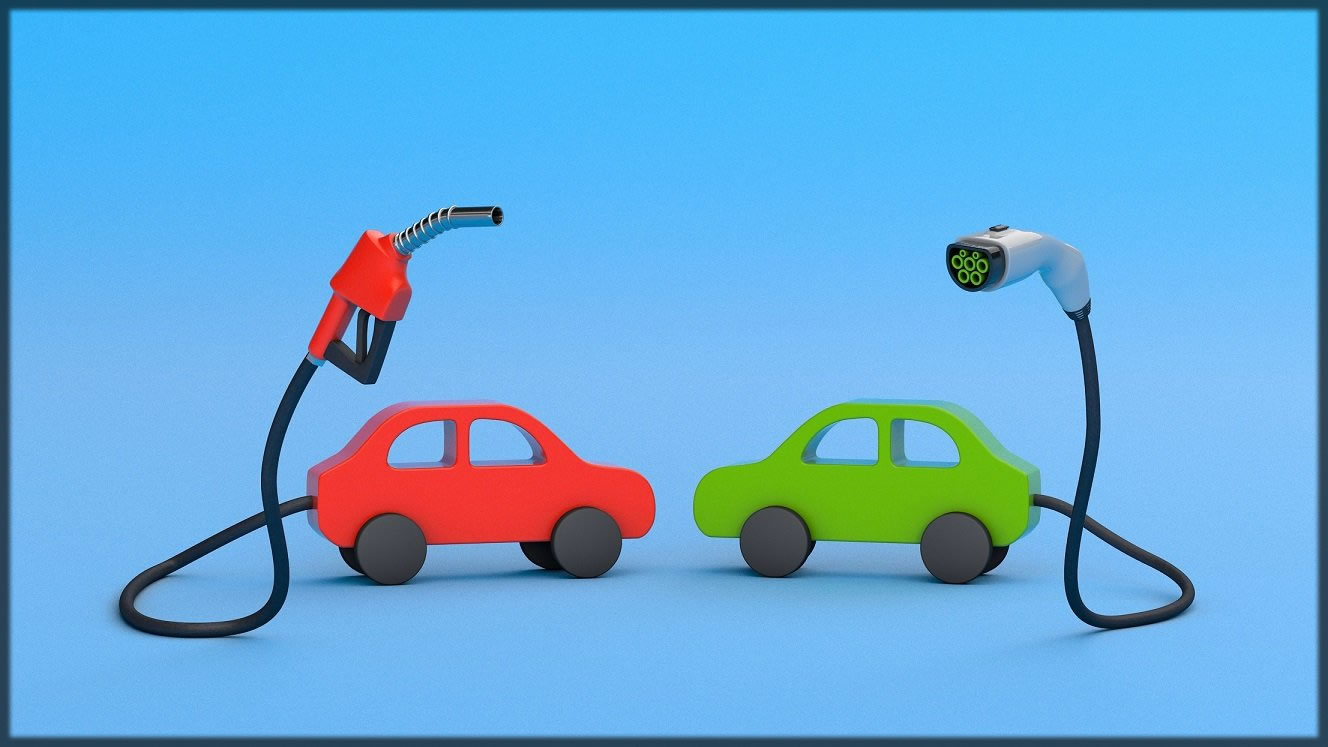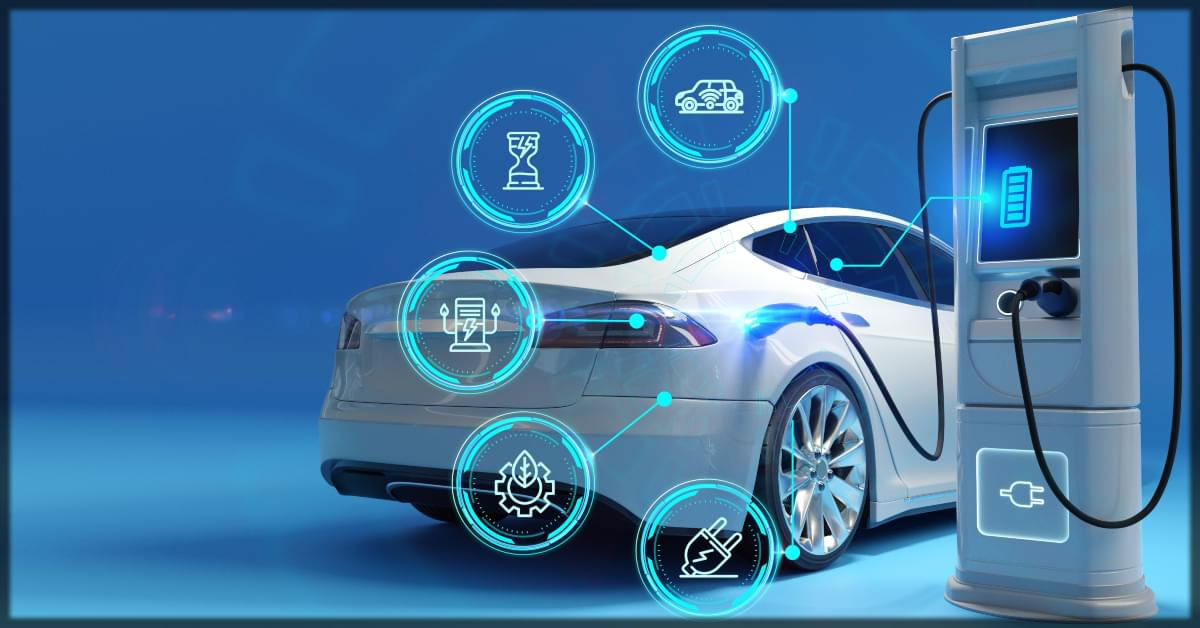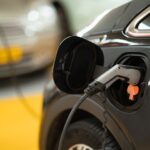The Cost of an Electric Car: Is It Worth It? With the increased demand for electric cars (EVs), most potential buyers have questioned whether a switch from a traditional gasoline-powered car is economically feasible in the long run. Despite having a high purchase price, EVs have significant savings in fuel, maintenance, and government incentives. In this article, a critical analysis of the overall cost of EVs and whether it is an investment worth taking will be discussed in detail.
Initial Purchase Price
One of the biggest deterrents to EV acceptance is the purchase price. Overall, EVs are more costly, with an average price tag reflecting the high cost of battery production. That price gap is closing, however, with emerging technology and growing volumes of production. The most affordable EVs, such as the Nissan Leaf and Chevrolet Bolt, start at $30,000-$35,000, and high-end models such as Tesla and Lucid Air can run over $100,000.
Government Incentives and Tax Credits
To offset the added initial cost, governments in most countries offer tax credits, rebates, and incentives. In America, buyers can claim a federal tax credit of $7,500, and state and city incentives can knock even more off the sticker price. There even are incentives for having a charging station installed at your home, offering even greater value for EV owners. In Norway and Germany, additional subsidies, reduced road taxes, and toll fee exceptions make EVs even less pricey to drive.
Charging Costs and Costs of Gasoline
Electricity Costs for Electric Cars
Charging an EV is less expensive than refuelling a conventional car. Cost per kW will vary with location, but in general, an EV will cost about $0.03-$0.05 per mile. Recharging a full tank for a midsize EV with a 60 kW battery will cost between $6-$12 based on utility pricing. Solar-powered homeowners can save even more and even negate charging costs through renewable sources.
Gasoline Prices
In contrast, gasoline is highly variable and is actually more costly. For a gasoline car with a 25 mpg average and a price tag of $3.50 per gallon, driving will cost about $0.14 per mile, with larger fuel expenses compared to EVs when measured over a period of time
Public Charging and Home Charging
While home charging is the most affordable, public charging will cost a little more. Fast charging (DC Fast Chargers) will cost between $0.25-$0.50 per kWh, and long trips in an EV will cost a little additional. Many companies and city governments, however, have free or reduced-rate public charging options. There are subscription programs for charging in many networks, reducing overall expenses.
Maintenance and Repairs
Lower Maintenance Costs
EVs have fewer moving parts compared to ICE cars, and less maintenance is involved. There is no oil change, reduced brake wear and tear through regenerative braking, and reduced maintenance for the engine. On average, EV owners pay 40-50% less in maintenance and repairs over an equivalent period for owners of gasoline-powered cars. EV owners save an estimated $4,600 over a car’s life compared with owners of gasoline-powered cars, Consumer Reports estimates.
Battery Replenishment Costs
One of the largest concerns with EVs is the degradation and cost of batteries. Even with new EV batteries lasting 8-15 years or 100,000 to 300,000 miles, a new battery will cost anywhere between $5,000 and $15,000, with the car model dictating the price. As technology in batteries continues to advance, such as with solid-state batteries, longevity and price will both decrease over time. Most companies, including Tesla and Nissan, have 8-year and 100,000-mile battery warranties for long-term reliability.
Insurance Premiums
EV insurance will generally be more costly compared to gasoline cars, with a larger car price and costly battery parts being the key factors. In general, insuring an EV will run 10-20% more compared to a similar car with a gasoline engine. Nevertheless, a few carriers have special discounts for EVs and reduced rates for environmentally friendly driving. As EVs become increasingly adopted, insurance will level off with increased competition and improvements in risk evaluation.
Resale Value
Resale values for EVs have long been less, with battery life and technological advancements being considerations in deciding resale value. With demand and extended warranties for batteries, resale values have begun to appreciate, however. Tesla holds its value, but early model EVs have experienced high depreciation. As demand for used EVs and battery recycling programs become larger, resale value could become positive in years to come.
Total Cost of Ownership (TCO) Comparison
When considering all, EVs have a lower 5-10-year total cost of ownership (TCO). On average, a comparison between an EV and a gasoline-powered car entails:
– Initial Cost: Higher for EVs, but incentives make the difference less significant.
– Fuel Costs: EVs have a lower refuel cost concerning refilling a gasoline-powered car.
– Maintenance : EVs have less maintenance and servicing work.
– Insurance: Slightly higher, but perhaps counterbalanced through savings in maintenance and fuel.
– Resale Value: Varies but is improving with the model
Environmental and Social Gains
In addition to financial savings, EVs have lowered carbon emissions, minimizing air pollution and dependence on fossil fuels. Cities and countries worldwide have ambitious timelines for moving out of gasoline-powered cars and towards EVs, strengthening long-term viability even more. Investment in charging infrastructure and battery recycling programs is moving EVs ever closer towards a cleaner future.
Is It Worth It?
For most drivers, and for many with access to residential charging and incentives through government programs, driving an EV can save them money in the long term compared to gasoline-powered cars. With high start-up costs, long-term savings in fuel, and maintenance, and less strain on the environment, EVs make a sound financial move. As batteries become less costly and charging networks expand, EVs will become a growing viable option for buyers wishing to save and drive with less strain on the environment. In conclusion, driving habits, incentives, and access to charging infrastructure will make a transition to an EV a matter of personal preference, but the overall savings, less maintenance, and less impact on the environment make EVs a smart investment for most buyers.

